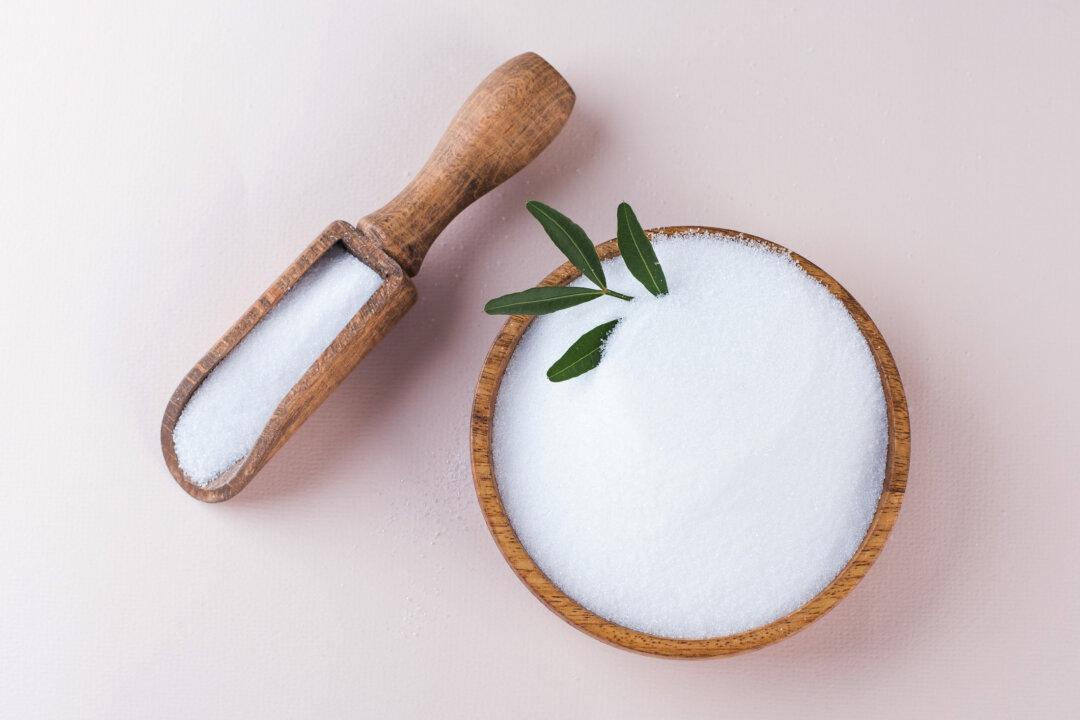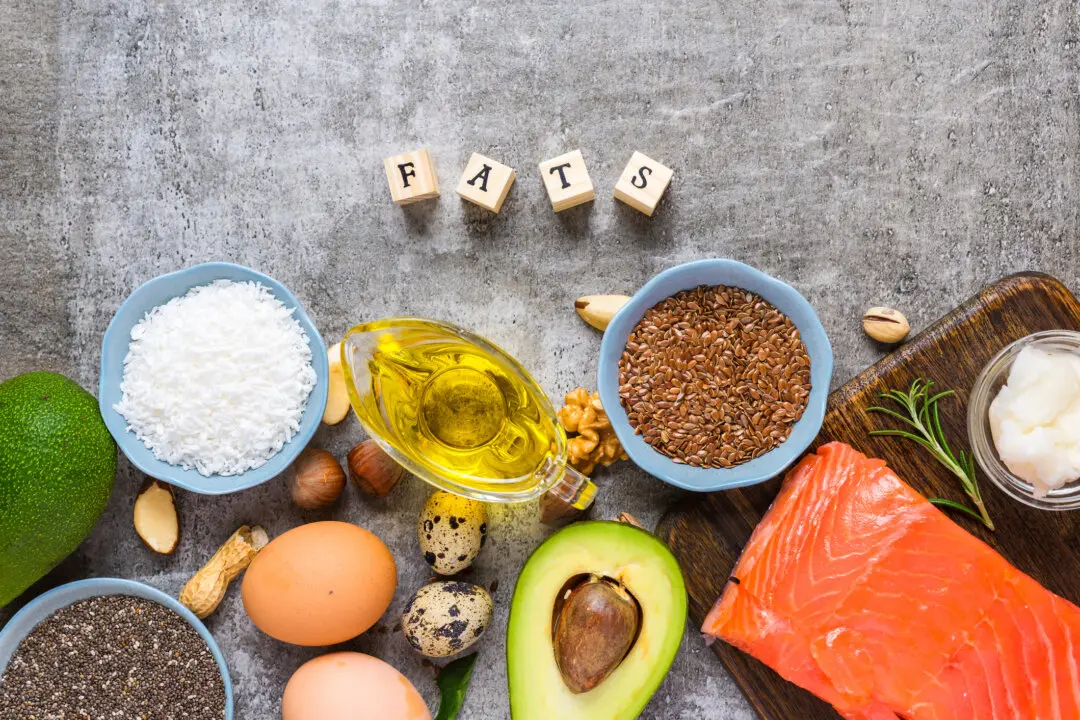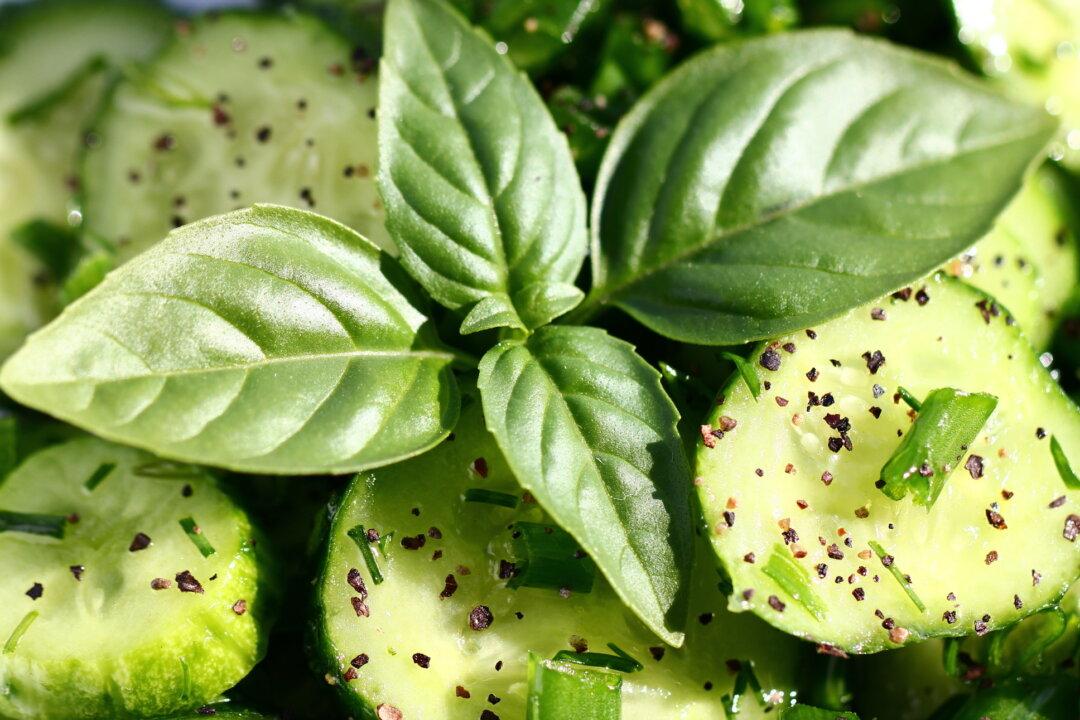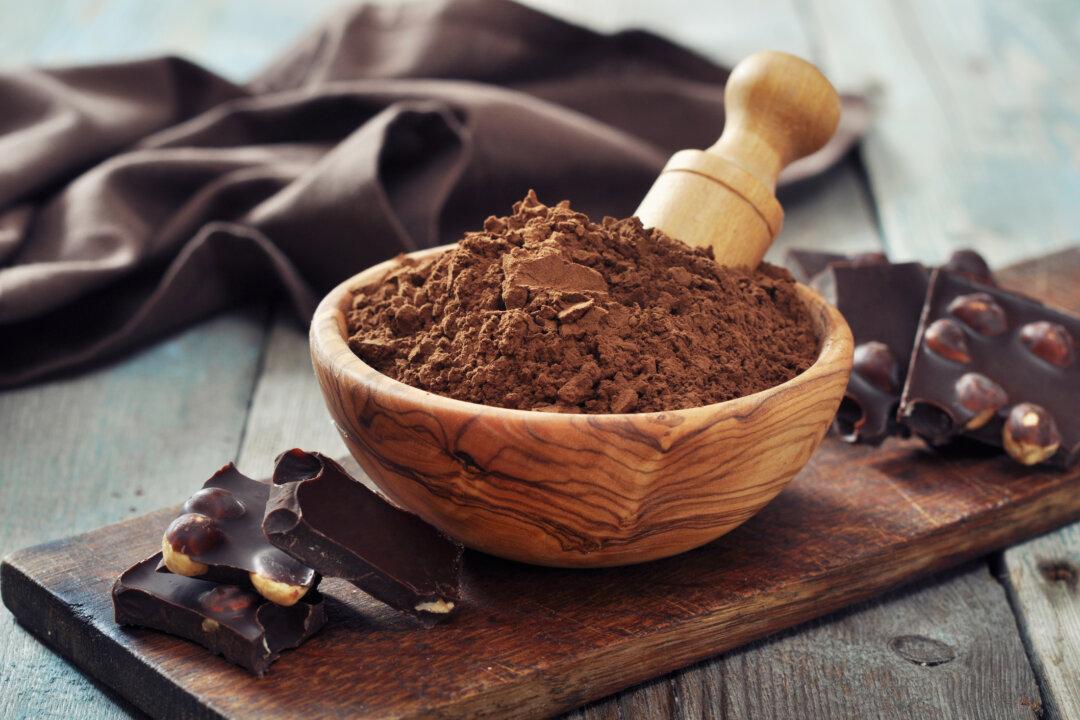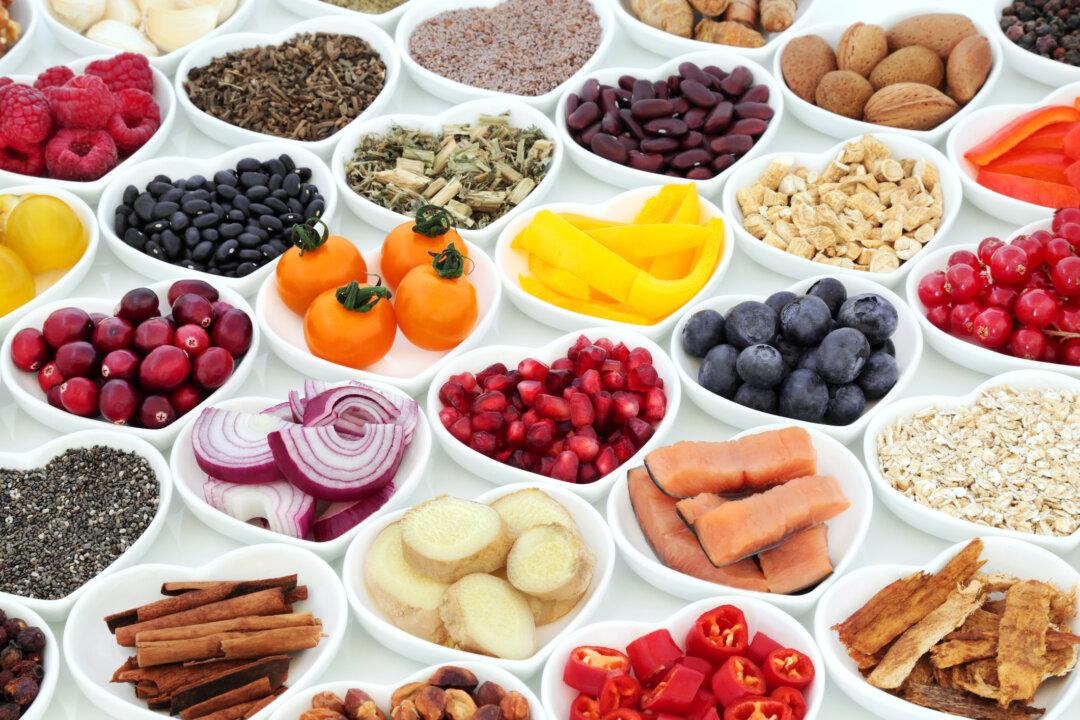Q: What are sugar alcohols?
A: Sugar alcohols occur naturally in some fruits and vegetables and are also a man-made ingredient commonly used as a substitute for sugar in foods. Despite their name, they do not contain ethanol, found in alcoholic beverages. Their chemical structure looks similar to the chemical structure of both sugar and alcohol, hence the name.

